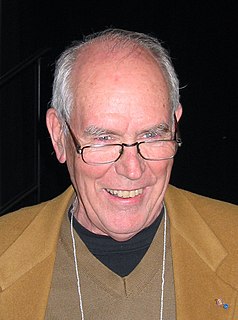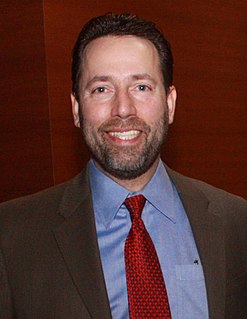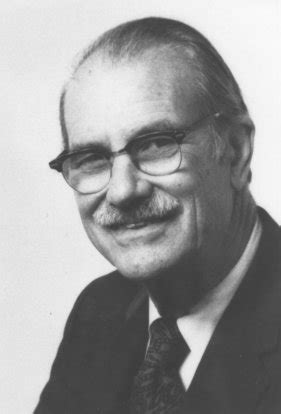A Quote by Klaus Schwab
When you can't cope with change, you feel overwhelmed, and you look for a simple solution.
Related Quotes
All that you really want in life is to change how you feel. Again, all your emotions are nothing but biochemical storms in your brain, and you are in control of them at any moment in time. You can feel ecstasy right now, or you can feel pain or depression or overwhelmed - it's all up to you. You don't need drugs or anything else to do it.
The art of the novel, however, has fallen into such a state of stagnation - a lassitude acknowledged and discussed by the whole of critical opinion - that it is hard to imagine such an art can survive for long without some radical change. To many, the solution seems simple enough: such a change being impossible, the art of the novel is dying.
I'll tell you that the dog whistle politics is badly missing the mark. Because, you know, as I've been speaking about it, sure, I've got some racists who come and complain about it. That happens. Right? But I have been absolutely overwhelmed - absolutely overwhelmed - by the number of everyday people who have contacted me with one simple question: what can I do to help?
Common sense, to me, is simple. And I've never understood why there aren't a lot of people trying to figure out how the United States became this special place and then try to replicate it around the world, because that's the solution to the human condition. The solution to poverty, the solution to misery, the solution to backwards living is the United States of America. Why not learn how that happened, learn why and how we happened. What is it that made it special?
The modern world needs people with a complex identity who are intellectually autonomous and prepared to cope with uncertainty; who are able to tolerate ambiguity and not be driven by fear into a rigid, single-solution approach to problems, who are rational, foresightful and who look for facts; who can draw inferences and can control their behavior in the light of foreseen consequences, who are altruistic and enjoy doing for others, and who understand social forces and trends.





































